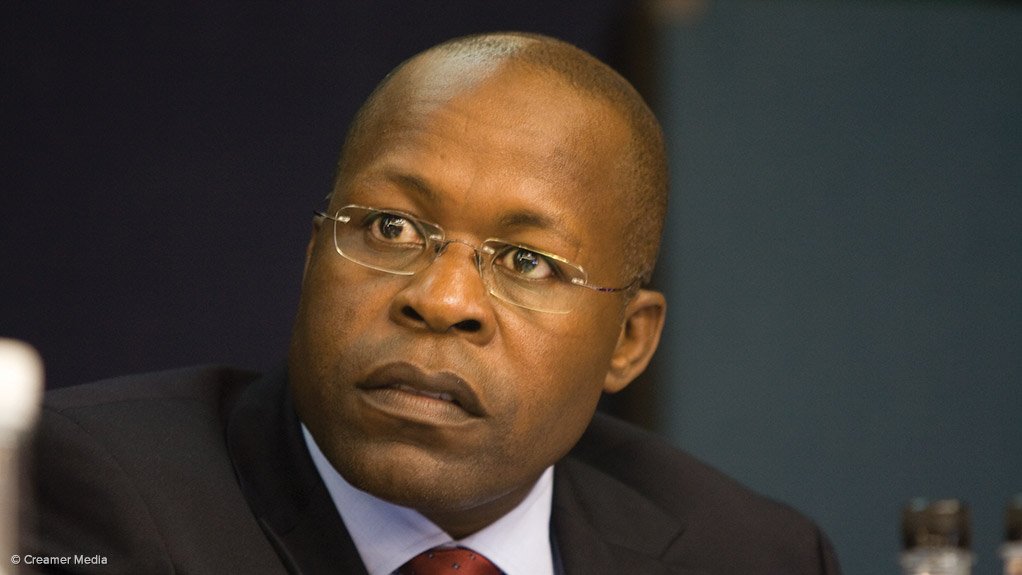MARIKANA – Lonmin is working hard to improve the living conditions of its workers, CEO Ben Magara said on Tuesday.
“I know very well that living conditions of some of employees are not well. We are doing our best to improve the condition. If you go to Karee you will be able to see what we have done. It is not enough,” he said.
Magara was speaking at the fourth anniversary commemoration of the Marikana tragedy.
Fourty four people were killed during a violent strike at Lonmin mines in Marikana, and 34 were killed on August 16, when the police opened fire at a koppie near Nkaneng informal settlement in Wonderkop, near Marikana.
On Monday, global human rights group Amnesty International, released a report blasting Lonmin for not providing decent accommodation for its workers.
“The catastrophic events of August 2012 should have been a decisive wake-up call to Lonmin that it must address these truly appalling living conditions,” said Deprose Muchena, Amnesty International’s director for Southern Africa.
The report stated that in 2012, thousands of Lonmin employees were living in squalid conditions in informal settlements around the mine in Marikana.
Lonmin was well aware of the situation and had, under its 2006 social and labour plan (SLP) committed to construct 5 500 houses for workers and upgrade the single-sex barracks-style hostel accommodation into family or bachelor units by 2011.
“Yet by 2011, it had only built three show houses and converted just 60 out of 114 hostels.
“SLPs are legally binding documents based on South Africa’s Mineral and Petroleum Resources Development Act (MPRDA) and the Mining Charter. By failing to deliver on its commitments under this agreement, Lonmin was already in clear breach of its legal obligations in South African law at the time that miners in Marikana began their strike over pay and conditions in 2012,” the report stated.
Lonmin donated a piece of land to the Rustenburg local municipality for the building of houses at Marikana Extension Two, for the building of more than 500 housing units, 252 of them being flats and 292 forming part of the Breaking New Ground project.
The second phase of the housing project was expected to commence as soon as the North West provincial government has sorted out the issue of illegal occupation of houses.
One hundred and fifty of these houses have been forcefully occupied and in some instances rightful owners were evicted by mobs of illegal occupants.
Residents were not happy about the allocation of the houses, as they believed the houses were built for mineworkers following the death of 34 mineworkers four years ago.
Magara said Lonmin was also paying for the education of 143 children of the deceased mineworkers through the 1608 Memorial Education Trust.
The Association of Mineworkers and Construction Union (Amcu) also launched a trust fund to assist the family of the deceased mineworkers.
Edited by: African News Agency
EMAIL THIS ARTICLE SAVE THIS ARTICLE
To subscribe email subscriptions@creamermedia.co.za or click here
To advertise email advertising@creamermedia.co.za or click here













